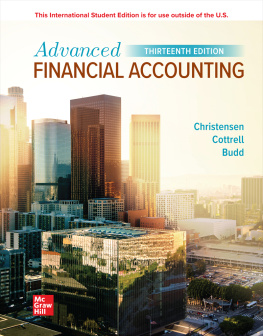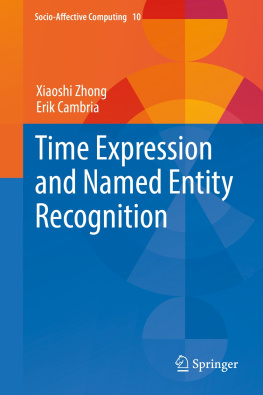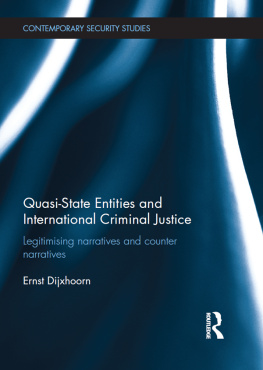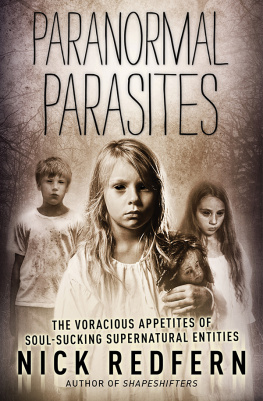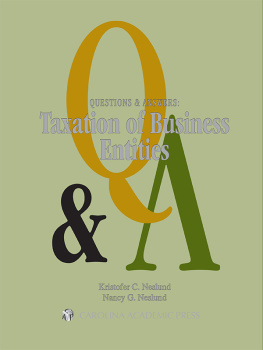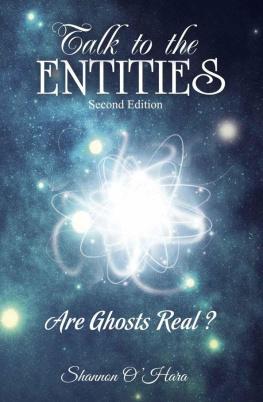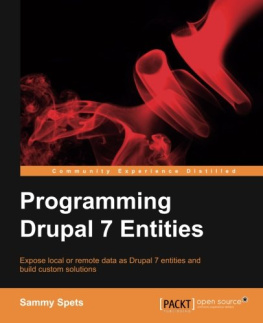
p.i
ABSTRACT ENTITIES
Think of a number, any number, or properties like fragility and humanity . These and other abstract entities are radically different from concrete entities like electrons and elbows. While concrete entities are located in space and time, have causes and effects, and are known through empirical means, abstract entities like meanings and possibilities are remarkably different. They seem to be immutable and imperceptible and to exist outside of space and time.
This book provides a comprehensive critical assessment of the problems raised by abstract entities and the debates about existence, truth, and knowledge that surround them. It sets out the key issues that inform the metaphysical disagreement between platonists who accept abstract entities and nominalists who deny abstract entities exist. Beginning with the essentials of the platonistnominalist debate, it explores the key arguments and issues informing the contemporary debate over abstract reality:
arguments for platonism and their connections to semantics, science, and metaphysical explanation
the abstractconcrete distinction and views about the nature of abstract reality
epistemological puzzles surrounding our knowledge of mathematical entities and other abstract entities
arguments for nominalism premised upon concerns about paradox, parsimony, infinite regresses, underdetermination, and causal isolation
nominalist options that seek to dispense with abstract entities.
Including chapter summaries, annotated further reading, and a glossary, Abstract Entities is essential reading for anyone seeking a clear and authoritative introduction to the problems raised by abstract entities.
Sam Cowling is Assistant Professor, Denison University, USA.
p.ii
NEW PROBLEMS OF PHILOSOPHY
Series Editor: Jos Luis Bermdez
New Problems of Philosophy is developing a most impressive lineup of topical volumes aimed at graduate and upper-level undergraduate students in philosophy and at others with interests in cutting edge philosophical work. Series authors are players in their respective fields and notably adept at synthesizing and explaining intricate topics fairly and comprehensively.
John Heil, Monash University, Australia, and Washington University in St. Louis, USA
This is an outstanding collection of volumes. The topics are well chosen and the authors are outstanding. They will be fine texts in a wide range of courses.
Stephen Stich, Rutgers University, USA
The New Problems of Philosophy series provides accessible and engaging surveys of the most important problems in contemporary philosophy. Each book examines either a topic or theme that has emerged on the philosophical landscape in recent years, or a longstanding problem refreshed in light of recent work in philosophy and related disciplines. Clearly explaining the nature of the problem at hand and assessing attempts to answer it, books in the series are excellent starting points for undergraduate and graduate students wishing to study a single topic in depth. They will also be essential reading for professional philosophers. Additional features include chapter summaries, further reading and a glossary of technical terms.
Also available:
Semantic Externalism
Jesper Kallestrup
Consequentialism
Julia Driver
Forthcoming:
Egalitarianism
Iwao Hirose
Imagination
Fabian Dorsch
Attention
Wayne Wu
Disjunctivism
Matthew Soteriou
p.iii
ABSTRACT ENTITIES
Sam Cowling

p.iv
First published 2017
by Routledge
2 Park Square, Milton Park, Abingdon, Oxon OX14 4RN
and by Routledge
711 Third Avenue, New York, NY 10017
Routledge is an imprint of the Taylor & Francis Group, an informa business
2017 Sam Cowling
The right of Sam Cowling to be identified as the author of this work has been asserted by him in accordance with sections 77 and 78 of the Copyright, Designs and Patents Act 1988.
All rights reserved. No part of this book may be reprinted or reproduced or utilised in any form or by any electronic, mechanical, or other means, now known or hereafter invented, including photocopying and recording, or in any information storage or retrieval system, without permission in writing from the publishers.
Trademark notice : Product or corporate names may be trademarks or registered trademarks, and are used only for identification and explanation without intent to infringe.
British Library Cataloguing in Publication Data
A catalogue record for this book is available from the British Library
Library of Congress Cataloging in Publication Data
Names: Cowling, Sam, author.
Title: Abstract entities / by Sam Cowling.
Description: 1 [edition]. | New York : Routledge, 2017. | Series: New problems of philosophy | Includes bibliographical references and index.
Identifiers: LCCN 2016038051| ISBN 9781138827585 (hardback : alk. paper) | ISBN 9781138827592 (pbk. : alk. paper) | ISBN 9781315266619 (e-book)
Subjects: LCSH: Entity (Philosophy) | Abstraction.
Classification: LCC BD336 .C69 2017 | DDC 111dc23
LC record available at https://lccn.loc.gov/2016038051
ISBN: 978-1-138-82758-5 (hbk)
ISBN: 978-1-138-82759-2 (pbk)
ISBN: 978-1-315-26661-9 (ebk)
Typeset in Joanna and Scala Sans
by Swales & Willis Ltd, Exeter, Devon, UK
p.v
For My Folks
p.ix
Thanks to the many folks who provided helpful comments on various parts of this book. Among others, my thanks to Marc Alspector-Kelly, Chloe Armstrong, Wesley Cray, Gus Evans, Arthur Falk, Ed Ferrier, Barak Krakauer, Anthony Kulic, Kelly McCormick, Michaela McSweeney, Kevin Morris, Joshua Spencer, Chris Tillman, Jenn Wang, and audiences at the University of Massachusetts-Amherst, the 2015 Central division of the American Philosophical Association, the 2015 Canadian Philosophical Association, and the 2016 Junior Metaphysics Workshop. I am especially grateful to James Davies, Cameron Gibbs, Dan Giberman, Bradley Rettler, and Kelly Trogdon for providing extensive comments on the manuscript. Additional thanks are owed to my excellent colleagues at Denison University for their kind support. Thanks also to my editors at Routledge, Tony Bruce and Adam Johnson, and to four anonymous referees for their helpful comments.
This book project began during a seminar on abstract entities at Western Michigan University in 2013 and was helped along by a class on the same topic at Denison in 2015. My thanks to all the students involved in those courses. My good fortune in teaching those classes (or anywhere at all, for that matter) owes to the many professors who have taught me over the years. I am especially grateful to Phil Bricker and Ben Caplan in this regard. Given their remarkable philosophical acumen, the stark difference in their views is evidence enough that there are no easy answers when it comes to abstract entities.
p.x
Finally, thanks to my friends and family, and especially my parents, Janet and Doug, and dear wife, Stephanie, for their patience and encouragement.
Columbus, Ohio
August 2016
p.1
This book is about abstract entities. Like most entities subject to serious philosophical scrutiny, it is controversial whether there are any such things. It is also controversial which things would be properly counted as abstract if they were to exist. Worse still, there is widespread controversy about what exactly it means for an entity to be abstract rather than concrete.
Next page


